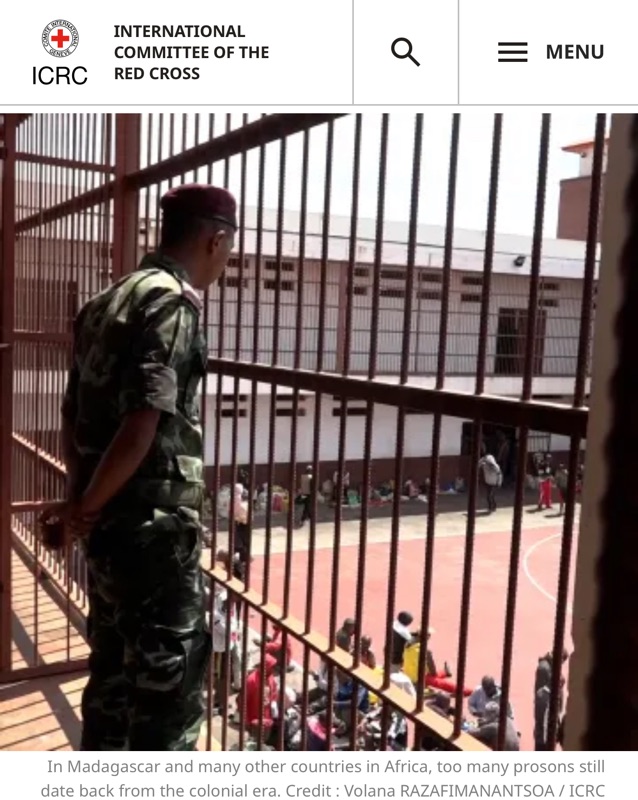The shadows of injustice
A Glimpse into the Shadows of Injustice

In the heart of Madagascar lies a stark reality that many of us tend to overlook: the conditions within its prisons. As a nation celebrated for its stunning biodiversity and rich culture, it can be easy to forget that the treatment of those incarcerated often reveals the deeper societal issues that persist in a country. Nelson Mandela famously stated that "the true character of a society is revealed in how it treats its most vulnerable members," and this sentiment resonates profoundly within the context of Madagascar's penal system.
Prisons in Madagascar are often described as overcrowded, unsanitary, and lacking in basic human rights. Reports of inadequate food, poor medical care, and limited access to legal representation paint a grim picture of justice for many individuals behind bars. These conditions not only violate the fundamental principles of human dignity but also raise important questions about the broader treatment of individuals within society.
The parallels between the treatment of prisoners and the overall societal attitudes toward human rights are impossible to ignore. In a country where poverty and inequality are rampant, those who find themselves in prison often face systemic neglect and abuse. The lack of rehabilitation programs exacerbates the cycle of crime, leaving many individuals trapped in a never-ending struggle for survival upon their release.
As we reflect on these harsh realities, it is essential to advocate for reform and push for a more humane system that prioritises rehabilitation over punishment. By shining a light on the plight of prisoners in Madagascar, we can better understand the need for comprehensive changes that respect the dignity of all individuals.
Let us remember that how we treat the most vulnerable among us reflects our values as a society. It is high time for Madagascar to address these pressing issues, ensuring that justice and compassion prevail for every individual, regardless of their circumstances. Prisons should become places of healing rather than despair.
I will return to this subject later in my journey as I look to support those helping to improve the lives who are incarcerated.

Comments
Post a Comment